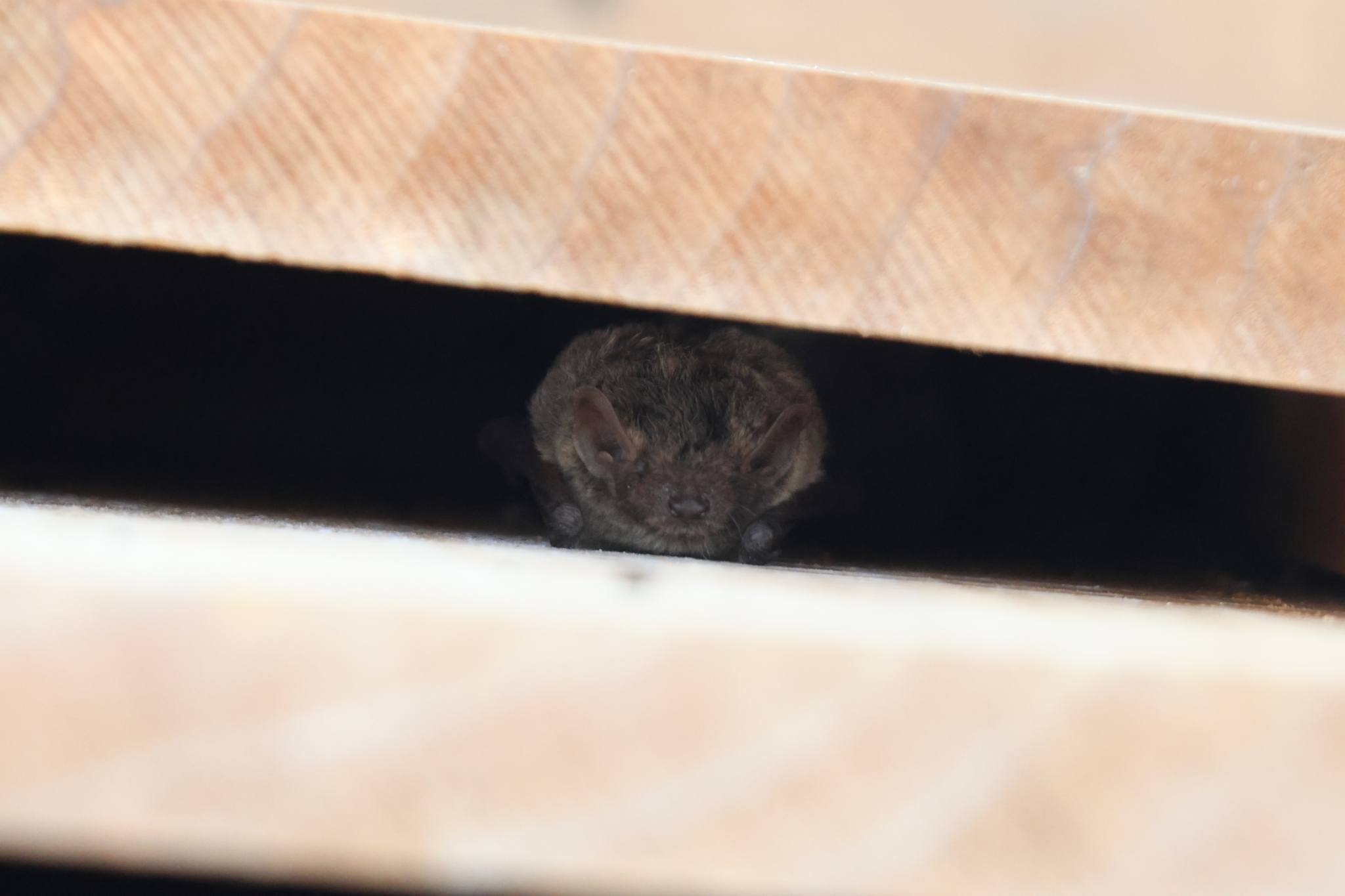A group of bat coronaviruses closely related to the virus behind Middle East Respiratory Syndrome (MERS) could be only a small mutation away from spilling over into the human population. Should that happen, we may find ourselves facing the next coronavirus pandemic.
Until recently, there hadn’t been all that much attention paid to the merbecoviruses, a subgenus of coronaviruses that includes MERS-CoV. In their latest study, a team led by Washington State University virologist Michael Letko, with colleagues from Caltech and the University of North Carolina, wanted to take a deeper look at this neglected group.
“These viruses are so closely related to MERS, so we have to be concerned if they ever infect humans,” said Letko in a statement. “While there’s no evidence they’ve crossed into people yet, the potential is there – and that makes them worth watching.”
MERS-CoV is in the same big family of viruses as SARS-CoV-2, but there are some significant differences between COVID-19 and MERS. They’re both respiratory diseases, but MERS appears to have a substantially higher mortality rate – the World Health Organization (WHO) estimates that around 35 percent of reported MERS infections have been fatal, though it acknowledges this could be an overestimate if milder cases go unreported.
First identified in 2012, humans can catch MERS-CoV through contact with infected dromedary camels, though the full scientific details of how this happens are still lacking. Cases have been reported in 27 WHO member states. There’s no vaccine against the disease, and human-human transmission has been documented, mainly in healthcare settings and close family groups.
There are lots of other viruses in the merbecovirus subgenus, most of which are not thought to pose a threat to humans. But the new study zeroed in on one group that does have some concerning features, called HKU5.
“Merbecoviruses – and HKU5 viruses in particular – really hadn’t been looked at much, but our study shows how these viruses infect cells. What we also found is HKU5 viruses may be only a small step away from being able to spill over into humans,” said Letko.
In Asia, HKU5 viruses circulate naturally in Japanese house bat (Pipistrellus abramus) populations. As the name suggests, these guys like to make their homes alongside humans, so there’s always the potential for exposure. And when it comes to hosting diseases that go on to cause serious problems for humans, bats have certainly got a previous track record.

The Japanese house bat (Pipistrellus abramus) likes to roost in ceilings and roof spaces.
Analyzing wild strains of the virus, the team discovered mutations in the spike protein that could allow the viruses to bind to ACE2 receptors on the surface of cells in other species, including humans. This is the same receptor exploited by SARS-CoV-2.
Using the Nobel Prize-winning AI tool AlphaFold, the scientists modeled how this molecular interaction may happen, and how antibodies might block it. This kind of work used to take months before the advent of AI.
Studying merbecoviruses, the team points out in their paper, brings some inherent challenges compared to SARS-like viruses – they have a much broader host species range, and much greater genetic diversity in the sequences that interact with host cells. They hope their method can be adapted to help streamline future research. If COVID has taught us anything, it’s that this is one group of viruses we can’t afford to take our eyes off.
The study is published in Nature Communications.
Source Link: MERS-Like Coronaviruses May Be Just “A Small Step Away” From Jumping Into Humans